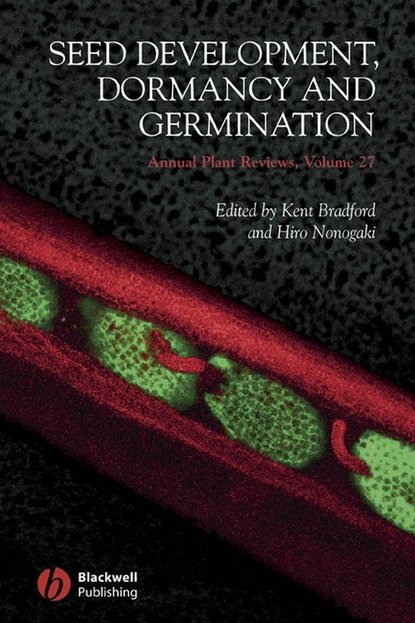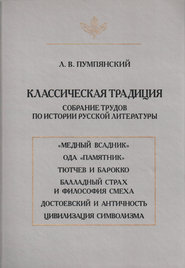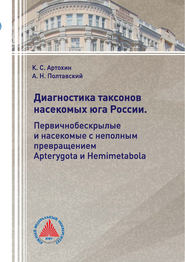Annual Plant Reviews, Seed Development, Dormancy and Germination
Полная версия
The formation, dispersal and germination of seeds are crucial stages in the life cycles of gymnosperm and angiosperm plants. The unique properties of seeds, particularly their tolerance to desiccation, their mobility, and their ability to schedule their germination to coincide with times when environmental conditions are favorable to their survival as seedlings, have no doubt contributed significantly to the success of seed-bearing plants. Humans are also dependent upon seeds, which constitute the majority of the world’s staple foods (e.g., cereals and legumes). Seeds are an excellent system for studying fundamental developmental processes in plant biology, as they develop from a single fertilized zygote into an embryo and endosperm, in association with the surrounding maternal tissues. As genetic and molecular approaches have become increasingly powerful tools for biological research, seeds have become an attractive system in which to study a wide array of metabolic processes and regulatory systems. Seed Development, Dormancy and Germination provides a comprehensive overview of seed biology from the point of view of the developmental and regulatory processes that are involved in the transition from a developing seed through dormancy and into germination and seedling growth. It examines the complexity of the environmental, physiological, molecular and genetic interactions that occur through the life cycle of seeds, along with the concepts and approaches used to analyze seed dormancy and germination behavior. It also identifies the current challenges and remaining questions for future research. The book is directed at plant developmental biologists, geneticists, plant breeders, seed biologists and graduate students.
- О книге
- Читать














